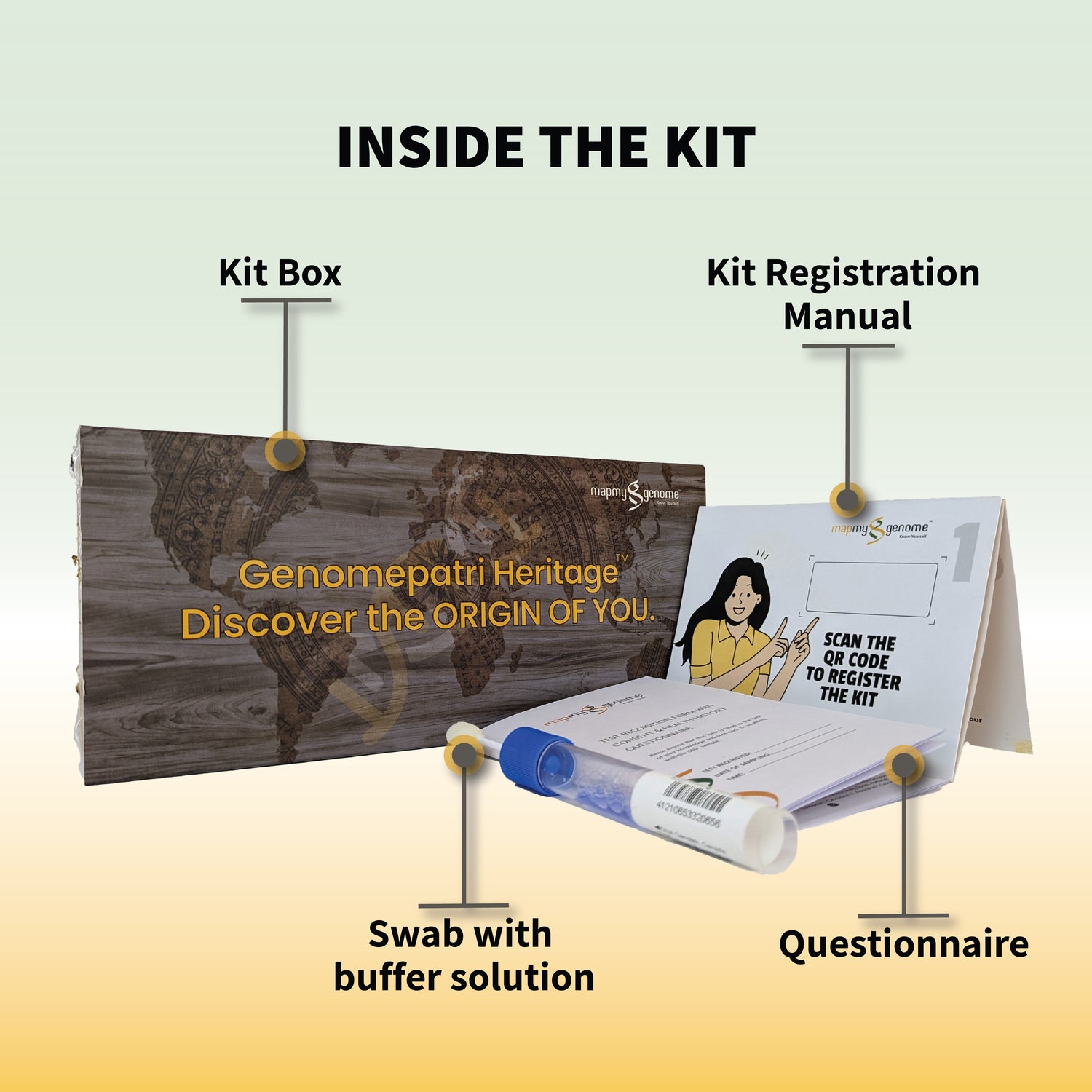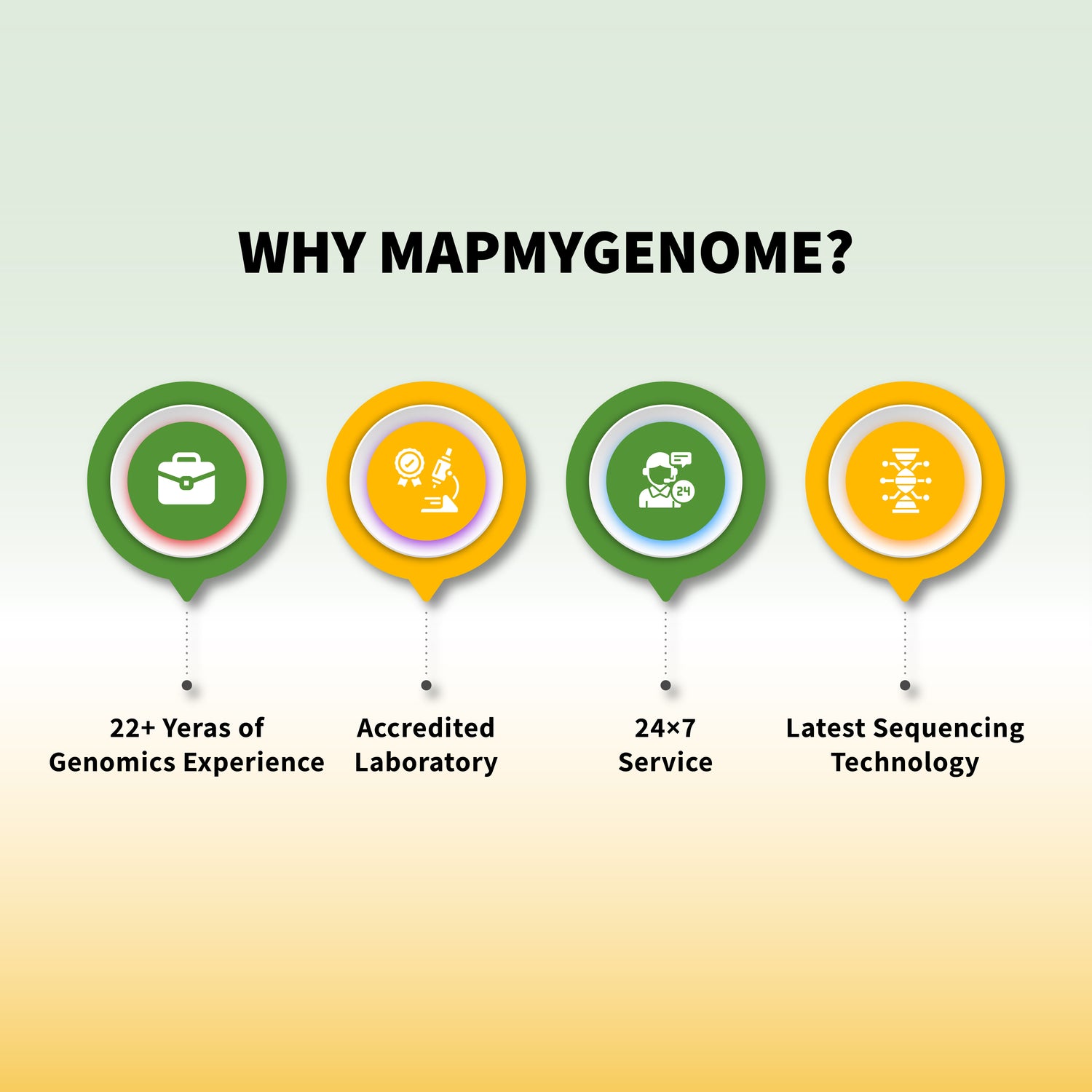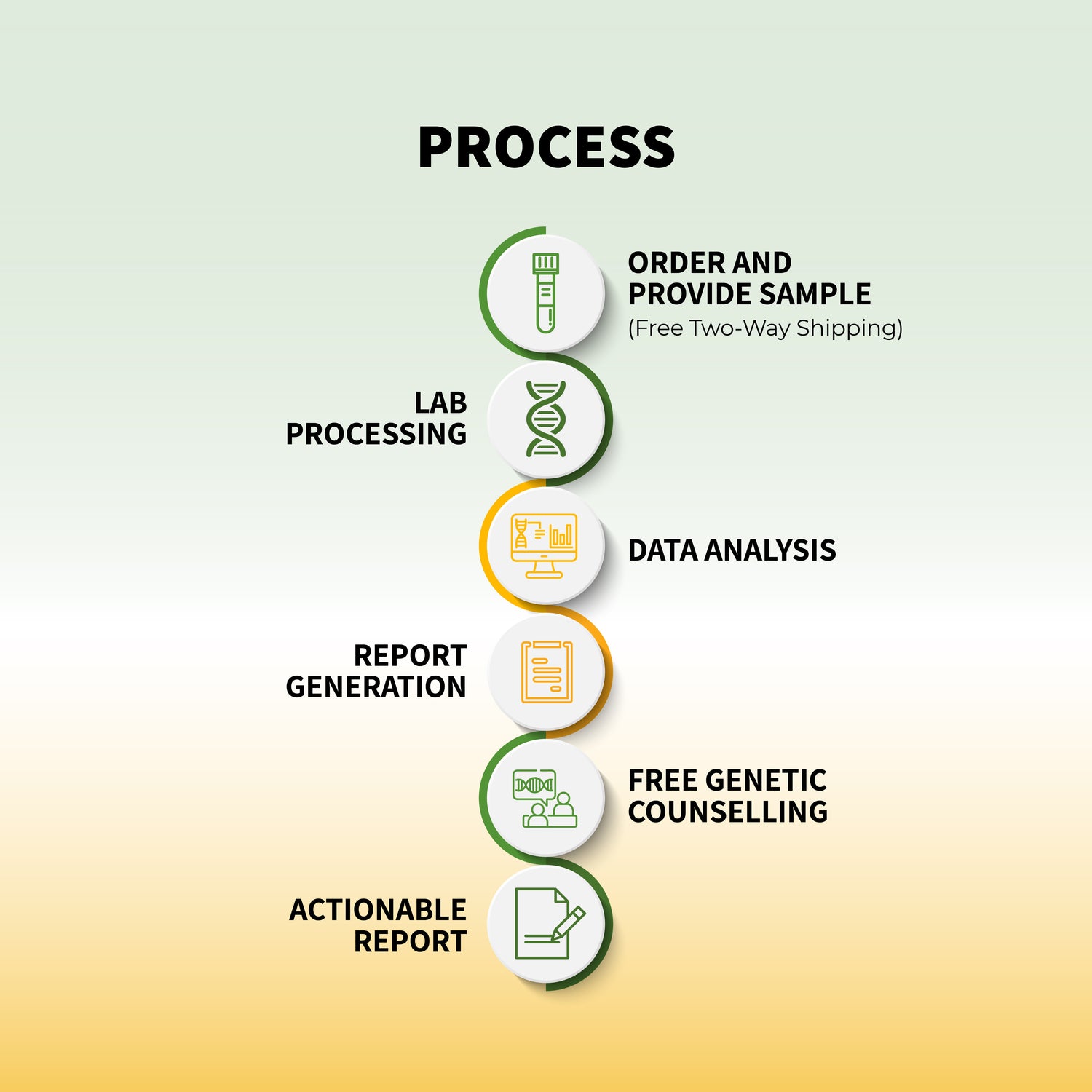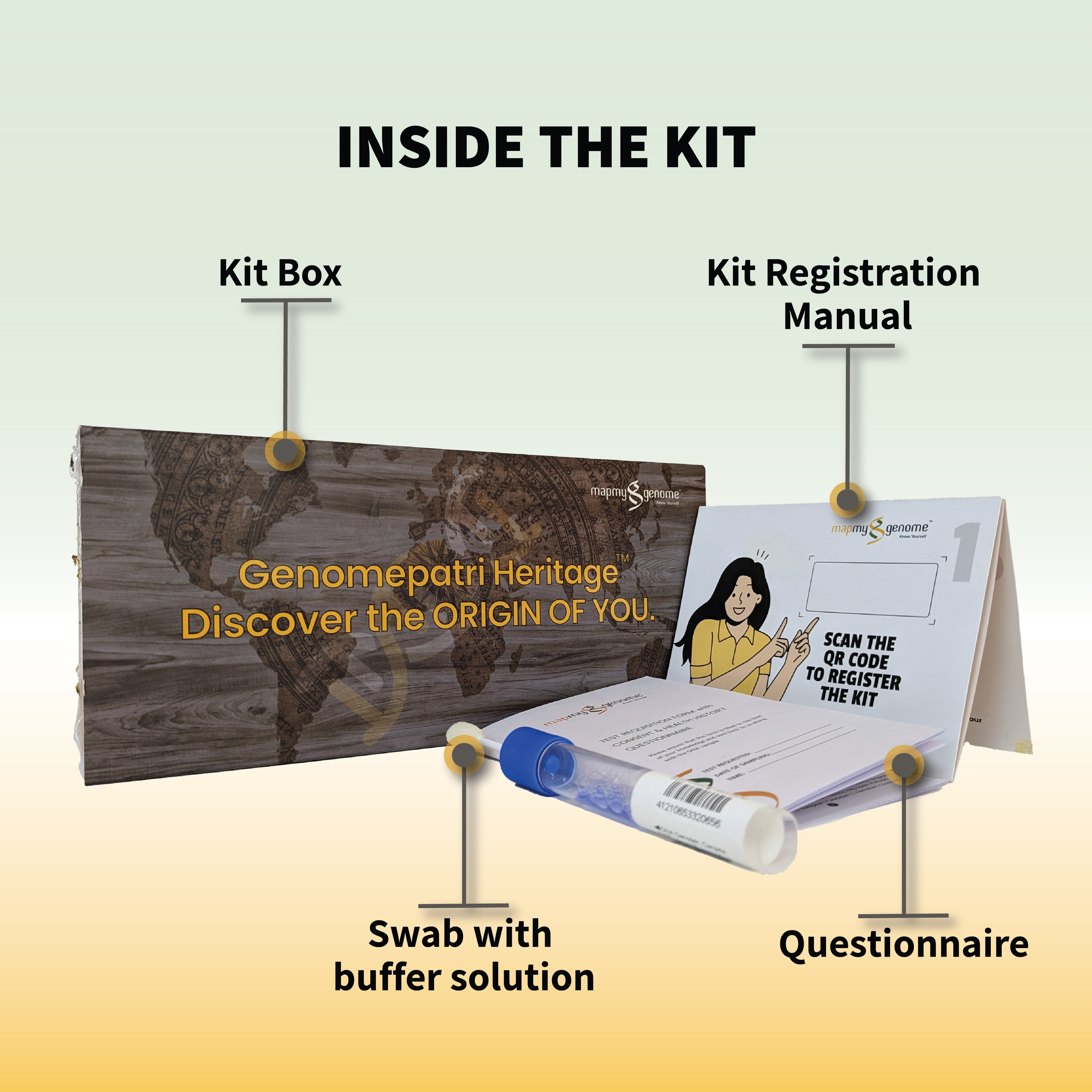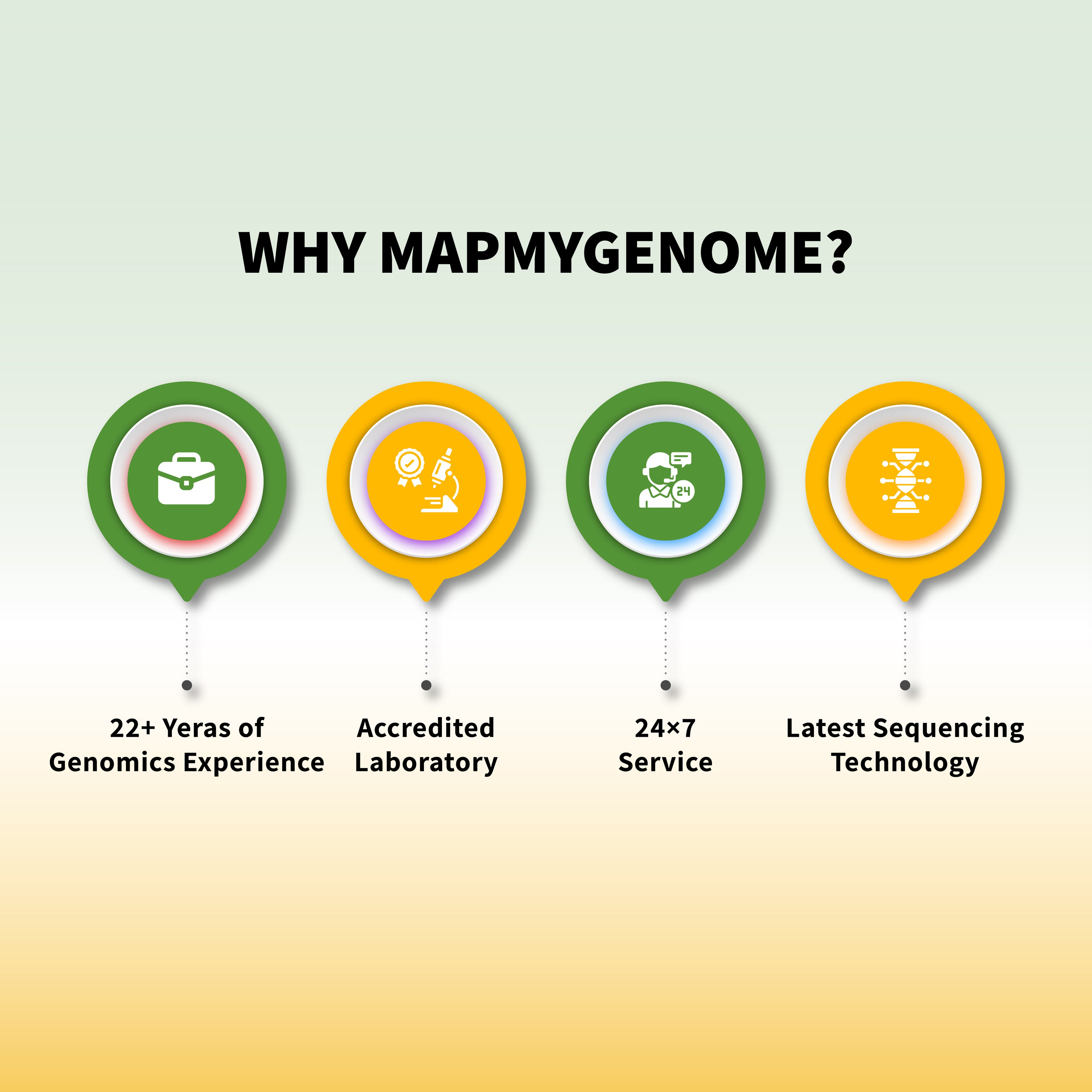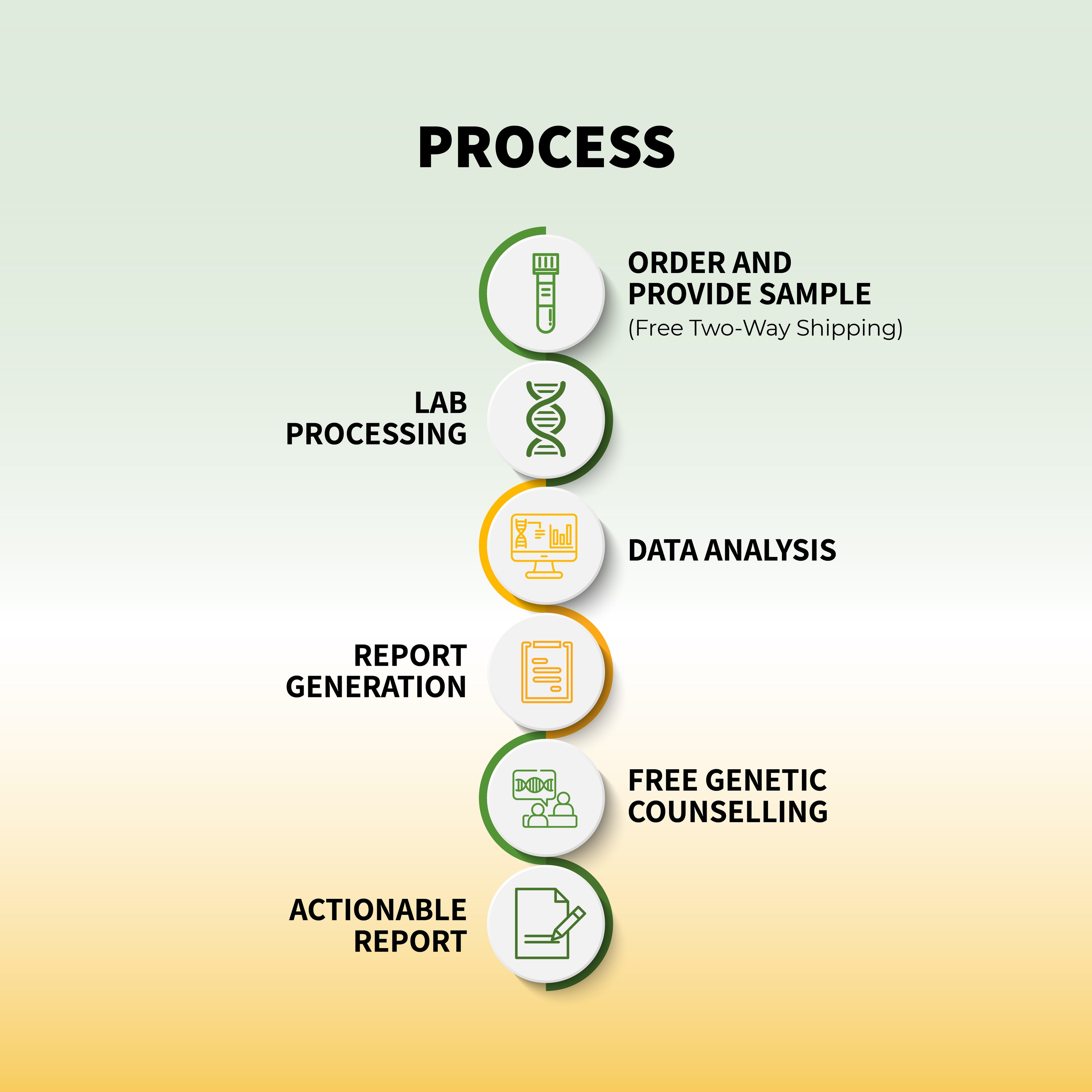If you've ever been curious about your roots or wanted to understand your health better, chances are you've looked into some type of DNA testing. But there's often confusion between genetic testing and an ancestry DNA test. They might sound similar, but they serve very different purposes. In this blog, we break down the differences so you know exactly which one to pick based on your goals.
What is Genetic Testing?
Genetic testing is all about your health. It looks at specific changes in your DNA that could increase your risk of developing certain diseases or conditions. It's often recommended for people with a family history of a condition or for those planning a family.
Why Do People Choose Genetic Testing?
-
To understand the risk of inherited diseases (like cancer, diabetes, or heart disease)
-
For carrier screening (especially before pregnancy)
-
To get a personalized health report for preventive care
-
To guide treatment in diseases like cancer
Common Tests in Genetic Testing:
-
BRCA1/BRCA2 Testing (for breast and ovarian cancer risk)
-
Carrier Screening (for inherited conditions like cystic fibrosis)
-
Pharmacogenomics (how your genes affect your response to medications)
What is an Ancestry DNA Test?
An ancestry DNA test is focused on your genealogy. It looks at your DNA to trace your family roots, migration patterns, and ethnic background.
Why Do People Take Ancestry DNA Tests?
-
To explore ethnic origins and regional heritage
-
To build or complete a family tree
-
To connect with relatives you didn’t know existed
-
To learn about historical migration of your ancestors
Common Features of Ancestry DNA Testing:
-
Ethnicity estimates (e.g., 40% South Asian, 20% European)
-
DNA matches (connect with distant cousins)
-
Maternal and paternal lineage testing
The Key Differences: Genetic Testing vs. Ancestry DNA Test
| Feature | Genetic Testing | Ancestry DNA Test |
|---|---|---|
| Purpose | Health insights | Family heritage insights |
| Focus | Disease risk, health conditions | Ethnicity, genealogy |
| Data Used | Specific genes or panels | Autosomal, Y-DNA, mtDNA |
| Who Should Consider It | Those with health concerns | Anyone curious about ancestry |
| Medical Relevance | High (clinical value) | Low (non-medical) |
| Requires Doctor Involvement? | Often yes | No, usually direct-to-consumer |
Which DNA Test Should You Choose?
It depends on your goal.
Choose Genetic Testing If:
-
You have a family history of disease
-
You want to take preventive actions for your health
-
You need guidance for medications or treatments
-
You’re planning a pregnancy and want to screen for carrier conditions
Choose Ancestry DNA Test If:
-
You’re curious about your ethnic background
-
You want to build your family tree
-
You’re looking for biological relatives
-
You love history and migration stories
Can One Test Do Both?
Some companies offer combo tests that give basic health and ancestry data. But for more accurate medical insights, it's always best to go with a dedicated genetic testing service that is clinically validated and offers genetic counseling.
Understanding Genetic Family History
Genetic testing also helps build a genetic family history. Knowing the conditions that run in your family can empower you to take preventive measures.
Tips:
-
Ask relatives about health issues
-
Track diseases across generations
-
Use this info during genetic counseling
Cost Factor: What Should You Expect?
Ancestry DNA Test Cost:
-
Typically ranges from INR 15,000 in India
Genetic Testing Price:
-
Can range from INR 10,000 to over 50,000, depending on the type of test
DNA Privacy: What You Should Know
Before purchasing any test:
-
Read the company’s privacy policy
-
Know how your data will be used or shared
-
Check if you can delete your data anytime
FAQs About Genetic Testing vs. Ancestry DNA Test
Q1. Is a genetic test the same as an ancestry DNA test?
No, genetic tests focus on health-related insights, while ancestry tests focus on ethnic origins and genealogy.
Q2. Can I learn about my family tree with a health DNA test?
Not really. Health DNA tests don’t provide ethnicity or genealogical matches.
Q3. Are ancestry tests accurate?
They are fairly accurate for ethnicity estimates but can vary by company. They are not suitable for diagnosing diseases.
Q4. Can genetic tests predict future diseases?
They can show your risk or predisposition, but not certainty. Lifestyle and environment also play a big role.
Q5. Is genetic testing covered by insurance?
Some tests may be, especially if prescribed by a doctor. Always check with your provider.
Q6. How long does it take to get results?
-
Ancestry tests: 3-6 weeks
-
Genetic health tests: 2-4 weeks depending on the provider
Final Thoughts
Whether you’re digging into your ancestral roots or looking to understand your genetic health risks, DNA testing is a powerful tool. Just make sure you pick the right test for the right reasons.
For health-related concerns, always consult with a genetic counselor or doctor before and after testing. For genealogy lovers, dive deep and explore your heritage with an ancestry DNA kit.
Bonus Tip:
If you can, do both! Many people start with ancestry and later decide to explore their health. Your DNA can tell you more than you ever imagined.





